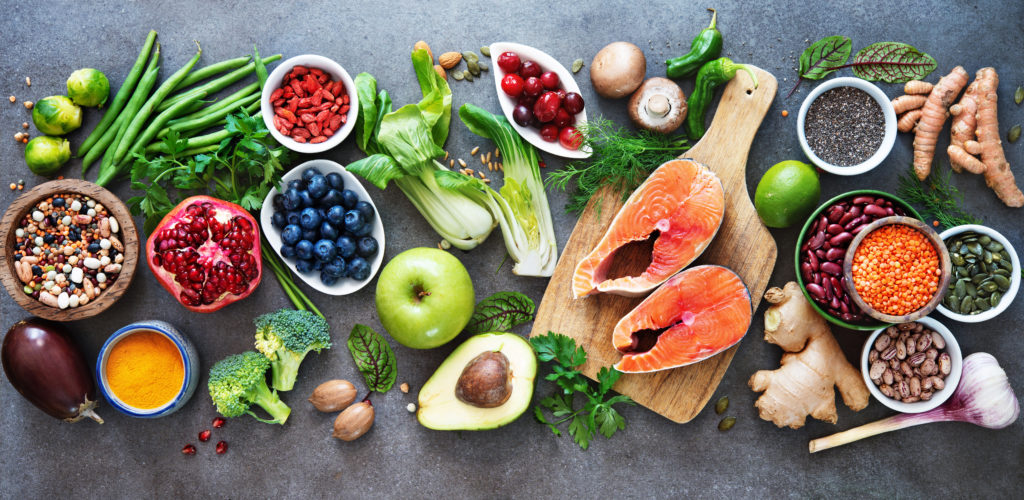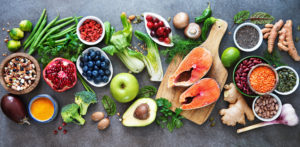The diet wars are a terrible waste of time and energy. The fights over “which diet is the right diet” miss the central issues involved in what and when we eat.
The fights go on partly because the quality of nutrition science is generally abysmal. On any given day you may read that “science says” exactly the opposite of what science told you yesterday. Some of the most highly credentialed people are sources of some of the worst information and worst biases.
Virtually every type of diet, from vegan to vegetarian to pescatarian (and other forms of modified vegetarian) to Mediterranean to Paleo to Keto to carnivore, is a good diet for specific circumstances. Virtually every type of diet – if it’s your preference – can be made healthy for you. Some are harder than others.
Virtually every type of diet has historically supported thriving human populations.
Inuit (eskimo) lived on a 90%+ fat and meat diet, from seals, whales, salmon, shellfish, birds, caribou, and such. The Masai warriors lived on milk, blood, and meat, and were some of the tallest, thinnest humans. Many cultures lived well on diets that were almost entirely carbohydrates. Most cultures evolved with a combination of animal muscle meat, organ meats, fats, and plant foods. No sustained group within human evolution ever developed that was vegetarian or vegan if animal protein sources were present. And no cultures evolved with high amounts of calories from concentrated sugars.
One diet is relentlessly destructive to human health.
However, there is one diet that is not healthy. Period. It is relentlessly destructive to human health. It is the Standard American Diet (SAD), or Standard Western Diet (SWD). Sorry. Even more to the point: It is the Standard American Diet that has emerged over the past 40-50 years.
What’s the problem with the modern Standard American Diet, or more accurately, the Standard American Approach to Food (SAAF)? The SAD consists primarily of sugar (and sugar substitutes), sugar-like refined carbohydrates, highly processed “food creations,” high-calorie foods, low nutrient-value foods, adulterated and contaminated foods, and low-grade industrially produced seed oils and fats. In addition, the highly processed foods are loaded with industrially-produced side products from cheap soy and corn.
The Standard American Approach to Food (and beverages) is characterized by oversized portions, eating “out,” consuming convenient food, and eating all day long. Every year fewer calories come from food prepared at home and eaten at structured meal times. The SAD and the Standard American Approach to Food DO NOT nourish the human body, and worse, are destructive to human health and vitality. (This article is too short to explore how each element of the SAD/SAAF is destructive.)
Finding an answer.
Many sincere people are searching for solutions to this SAD/SAAF problem. We need good answers to the questions: What should I eat? How should I eat? When should I eat?
However, in the diet wars, we have been led to focus on a false question: Which diet should I be doing in opposition to all the other diets out there? A much better question: What makes all of these advocated diets work well? What do the best diets have in common that make them work well for the human body?
If these are the problems with the SAD/SAA, then doing the opposite makes sense:
- Don’t eat sugars and sugar substitutes
- Don’t eat sugar-like refined carbohydrates
- Don’t eat highly processed “food creations”
- Don’t eat high-calorie, low-nutrient foods
- Don’t eat adulterated and contaminated foods
- Don’t eat low-grade industrially produced seed oils and fats
- Don’t make, buy, or consume oversized portions
- Don’t eat out so much
- Don’t consume so much convenient food
- Don’t eat all day long
In short, if we insist on doing those things common to the SAD/SAAF, there is no style or type of diet that will fix the problem, whether defined as Vegan, Paleo, or Mediterranean.
Some general principles.
What’s the answer then? In general, if we do the following we will get about 80-90% of the benefit no matter what style of diet we eat:
- Eat whole, unprocessed foods
- Eat clean (non-contaminated) foods
- Eat high nutrient-value foods
- Avoid calorie-dense, low-nutrient foods
- Eliminate added sugars and artificial sugar substitutes
- Eliminate sugar-like carbohydrates, meaning highly refined carbohydrates
- Eliminate highly processed industrially manufactured “foods”
- Eliminate low-quality fats and oils, and eat high-quality fats and oils
- Avoid chemical additives
Universal eating tips:
- Avoid over-eating and over-consuming calories
- Avoid grazing through the day
- Avoid eating out of boredom
- Avoid eating “because it’s there”
- Avoid compensatory eating (e.g., I’m eating because I’m sad)
- Eat when you’re honestly hungry
- Learn the difference: Hunger is not the same as cravings
Special considerations:
Depending on your choice of diet or individual physiology/condition, the following may be problematic for you:
Foods to which you may be individually sensitive, such as:
- Dairy
- Grains
- Legumes and peanuts
- Tree nuts
- Eggs
- Shellfish
- Other
If you suspect you have a sensitivity or aren’t seeing results, we can try an elimination diet to track down the culprits.
Toxic load
You might need a general detox due to some sort of toxic load that needs to be cleared. This could be from mold, environmental toxins, or simply the accumulation of built-up toxins from high-chemical, high-pesticide foods.
Autoimmune and genetic conditions
These may require a more specialized approach.
A final note: Make sure you address any nutritional deficiencies in the diet of your choice, such as Vitamin B-12 to supplement a vegan diet.
In sum…
The key characteristics of the SAD diet lead to inflammation and disease, contributing to heart disease, diabetes, and other chronic conditions. (Why else do you think Americans have the highest rates of death from cardiovascular disease?)
At Cruxpoint, these are are our primary principles and initial line of attack, no matter what condition you’re dealing with. In most cases, you’ll see fast results and improvements, simply by improving what you eat.
While we can and will advise you in type/style of diet, we’re more concerned with the factors outlined here, and we try to avoid the “diet wars,” which truly are a waste of time/energy. We’ll work with you over time to accomplish the goals you set for living a more healthy, vibrant life.




